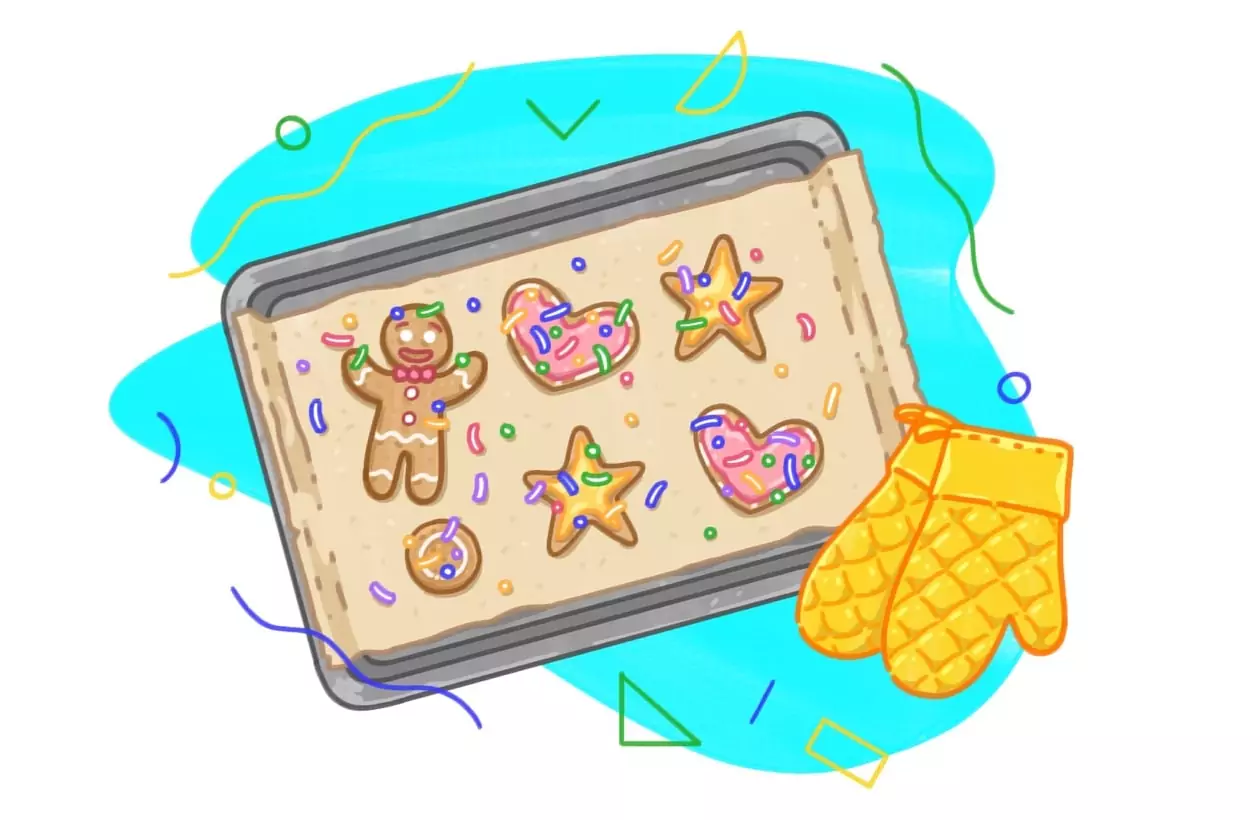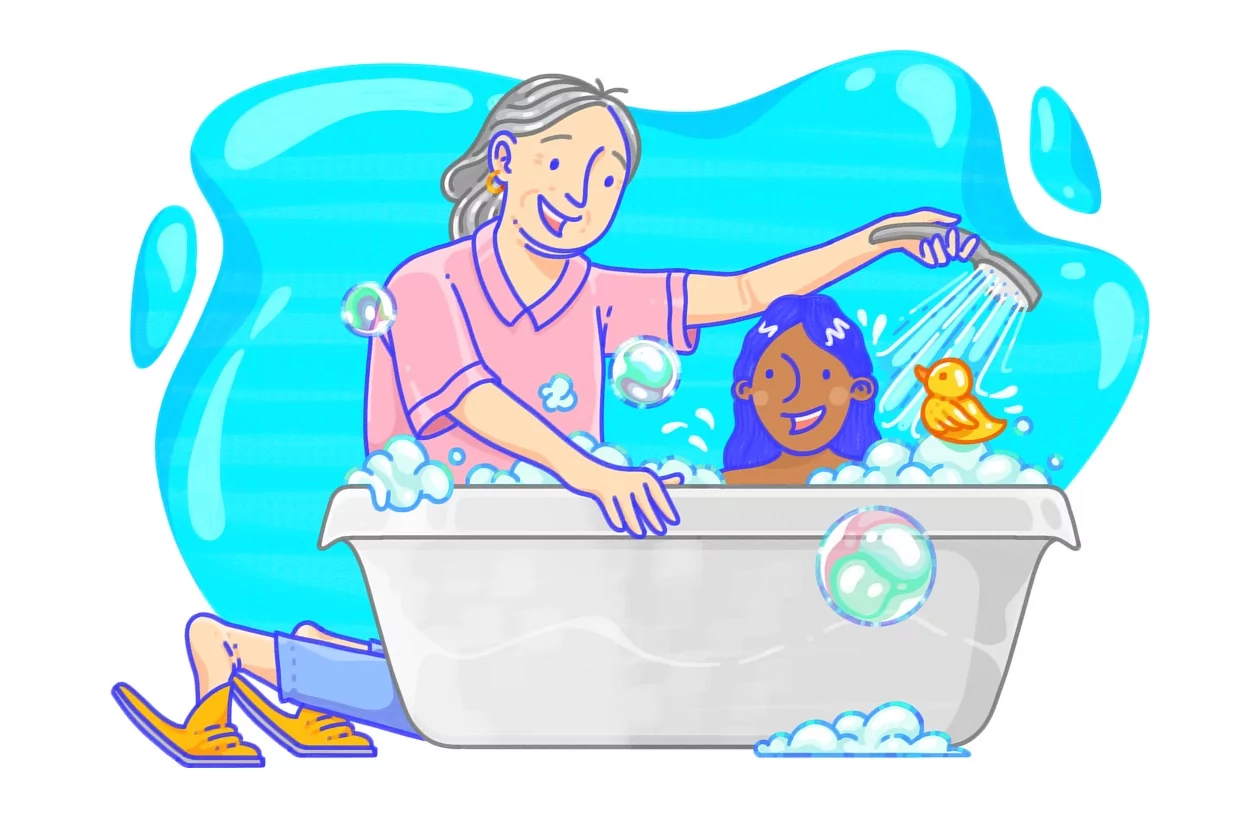When your child gets sick, it’s only natural that you want to do everything in your power to make them feel better – from giving medicine to making soup to extra snuggles. But being diagnosed and treated for CPP is a little different. As a caregiver, you have to handle your child’s medical and emotional needs, all while navigating the complexities of the modern healthcare system. So how can you best support your child through a CPP diagnosis? Here are four tips to help you provide the best care and support possible.
Be Honest
Honesty and openness will help your child understand what’s happening and why – even if you don’t get into the details. Avoid lying but keep explanations age-appropriate and mindful of how much information they can process. Tell them they have a medical condition but will receive lots of care. The number of doctor’s appointments and treatments may be scary but will help them feel better – and you’ll be there to hold their hand every step of the way.
You might not have all the answers they’re looking for, and it’s okay to tell them so. If you don’t know how to talk to your child about something specific, ask your pediatric endocrinologist, nurse navigator, or another member of your child’s care team about how to respond to those questions.
Let Them Express Their Feelings
Particularly with a condition like CPP, which can cause mood swings and other somewhat erratic behaviors, it’s essential for your child to feel like they can express those emotions to you. If your kid fears harsh judgment, punishment, or criticism, they may keep information to themselves. As a parent, it’s up to you to temper your reactions, remain calm, and reward your child for their vulnerability – even if there are necessary consequences to their confessions. Don’t pressure them to talk; wait patiently until they are ready, and be prepared to listen.
Embrace Your New Caregiver Role and Practice Self-Care
Parents already play many different roles–driver, chef, playmate, and official-monster-under-the-bed-checker–and now, you’re also a caregiver. As a caregiver, you must take care of yourself as well as your child. In addition to having a care plan for your child, you also need a self-care plan for yourself. Caregiver burnout is real, so get plenty of rest, don’t give up hobbies or friendships, and ask for help when needed. It may seem contrary, but by taking time to care for yourself, you can better be there for your child.
Keep Life Normal(ish)
With a CPP diagnosis, normal may not look the same as before, but try to stick to a routine and keep things as ‘normal’ as possible (for your sake and your little one’s). While they may require a little extra TLC, you don’t want to overindulge them or set a precedent of not addressing unacceptable behavior. But you also want to help them make happy memories and feel loved and supported. If possible, avoid special days like birthdays when scheduling appointments and treatment sessions. Plan
a special treat to reward them after treatment sessions or engaging activities throughout the week to connect with them and let them just be a kid again.
–
Having a child with CPP can present unique challenges for caregivers. But by practicing openness, self-care, and regular routines, you can make this time as easy as possible for your child.
Every November is National Family Caregivers Month, a time to recognize and honor you, the family caregivers of children with CPP. Not only is this month about raising awareness of relevant issues and educating communities, but it’s also about how we can better support caregivers in all they do. There is no definitive how-to guide on how to be a caregiver, but we hope we can provide you with some ideas and some support as you navigate your child’s CPP diagnosis.
TPI.2022.3470.v1 (v1.0)




